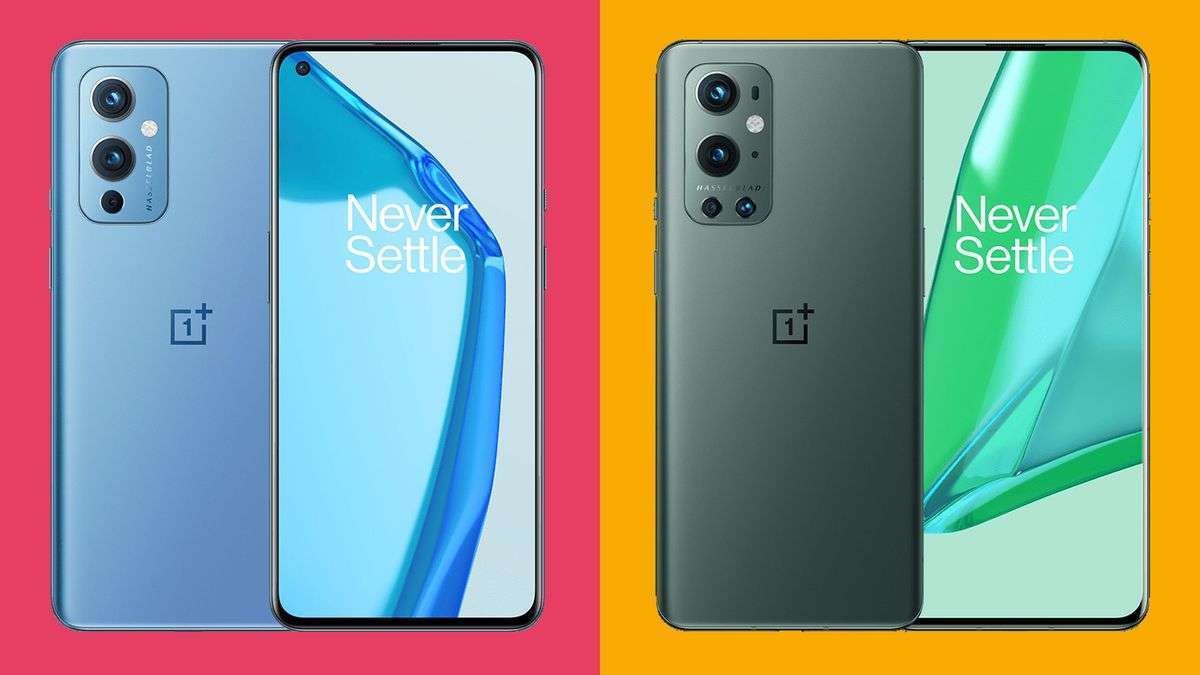Using a virtual private network (VPN) on your Android device is a crucial step in protecting your online privacy. Here are several reasons why using a VPN on Android is important:
- VPN Encrypts Your Internet Connection:
VPNs encrypt your net connection, making it substantially harder for hackers, ISPs (Internet Service Providers), or other entities to intercept and decipher your data. This is particularly crucial when connecting to public Wi-Fi networks, where your records are more susceptible to interception.
- Secures personal information:
- A VPN helps protect sensitive information, such as login credentials, personal details, and financial transactions, from potential threats. This is crucial when using your Android device for online banking, shopping, or accessing other sensitive accounts.
- Bypasses Geo-Restrictions:
- VPNs enable you to bypass geo-restrictions by masking your IP address. This allows you to access content that may be restricted or blocked in your region. For example, you can access streaming services or websites that might not be available in your country.
- Enhances Anonymity:
VPNs hide your real IP address and replace it with the IP address of the VPN server you’re connected to. This helps maintain a level of anonymity while browsing the internet, making it more challenging for websites and online services to track your online activities.
Benefits of Using VPNs on Android
Using a virtual private network (VPN) on your Android device offers several benefits that contribute to enhanced online privacy, security, and the overall internet experience. Here are some key advantages:
- Secure Data Transmission:
- VPNs encrypt your internet connection, ensuring that the data transmitted between your Android device and the websites or services you access is secure. This encryption allows the shielding of touchy information, together with login credentials, private details, and economic transactions.
- Protection of Public Wi-Fi:
- When connecting to public Wi-Fi networks, your data is susceptible to interception by malicious entities. A VPN encrypts your traffic, making it significantly more challenging for hackers to intercept and exploit your information on public networks like those in coffee shops, airports, or hotels.
- Anonymous Browsing:
- VPNs mask your IP address by replacing it with the IP address of the VPN server you connect to. This adds a layer of anonymity to your online activities, making it more difficult for websites, advertisers, and even your ISP to track your browsing habits and location.
- Bypassing Geo-Restrictions:
VPNs enable you to access content that may be geo-restricted in your region. By connecting to a server in a different location, you can appear as if you’re browsing from that location. This is particularly useful for accessing streaming services, websites, or online content that might be blocked or restricted in your country.
Enhanced Security and Privacy
Using a VPN (Virtual Private Network) is an effective way to enhance security and privacy across various online activities. Here’s how VPNs contribute to improved security and privacy:
- Encryption of Data:
- VPNs encrypt your internet connection, making it difficult for third parties, such as hackers or even your Internet Service Provider (ISP), to intercept and decipher your data. This is especially crucial when using public Wi-Fi networks or when accessing sensitive information.
- Anonymous Browsing:
VPNs mask your IP address by assigning you a temporary one from their server. This provides an additional layer of anonymity on your online activities, making it
- Protection of public Wi-Fi:
- Public Wi-Fi networks are often less secure, making users vulnerable to various cyber threats. A VPN encrypts your data, preventing unauthorized access and ensuring that your sensitive information remains protected while using public Wi-Fi in places like airports, coffee shops, or hotels.
- Secure online transactions:
VPNs provide a secure tunnel for your data, which is particularly important when conducting online transactions or accessing financial information. This safeguards your banking details, credit card numbers, and other sensitive data from potential interception.
How to Choose the Right VPN for Android
Choosing the right VPN for your Android device is crucial for ensuring privacy, security, and a positive online experience. Here are some key factors to consider when selecting a VPN for Android:
- Security Features:
- Look for a VPN that offers strong encryption protocols, such as AES-256-bit encryption. It should also support secure VPN protocols like OpenVPN, IKEv2/IPsec, or WireGuard. Additionally, check if the VPN has features like a kill switch, which automatically disconnects your internet if the VPN connection drops, preventing data leaks.
- Privacy Policy:
- Read the VPN provider’s privacy policy carefully. Ensure that they have a strict no-logs policy, meaning they don’t keep records of your online activities. A transparent and privacy-focused VPN provider is essential for maintaining your anonymity.
- Server Locations:
- Choose a VPN with a diverse and extensive server network. The more server locations available, the better the chances of finding a server near your physical location, which can improve connection speeds. A variety of server locations also enable you to bypass geo-restrictions more effectively.
- Speed and Performance:
- Test the VPN’s speed and performance. Some VPNs may slow down your internet connection, so it’s essential to choose one that provides fast and reliable speeds. Consider using speed test tools or checking user reviews to assess the VPN’s performance.
- Ease of Use:
- A user-friendly interface is crucial, especially on a mobile device. Look for a VPN with a well-designed and intuitive Android app. The setup process should be straightforward, and accessing essential features should be easy.
- Cross-Platform Compatibility:
- Ensure that the VPN service is compatible with multiple platforms, including Android, Windows, macOS, iOS, and others. This allows you to use the same VPN account across different devices, providing a seamless and consistent privacy experience.
- Customer Support:
Check the availability and responsiveness of customer support. A reliable VPN provider should offer timely and helpful customer support, preferably through various channels such as live chat, email, or a ticketing system.
Internal link: emitsnews





